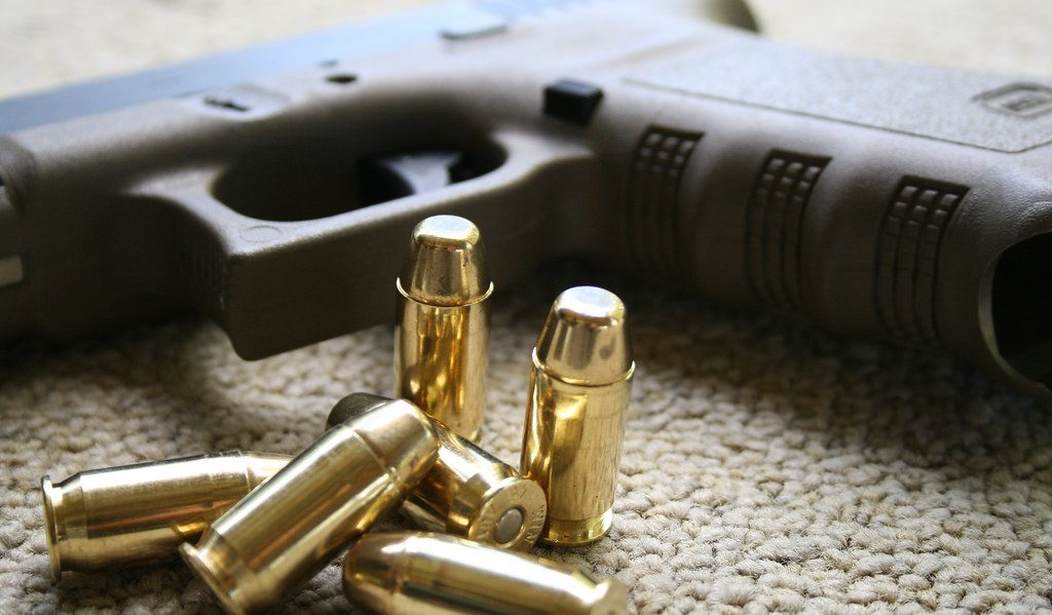The Liberty Safe story has been covered by nearly every active contributor of Bearing Arms, and for good reason. The quandary between what happened and whether or not Liberty did “the right thing” will haunt PR officials and corporate policy creators for decades. Did Liberty go far enough with damage control efforts and what about donations they may have made? All questions my colleagues have asked. Cam reported about Liberty’s policies finding themselves in the crosshairs of the Missouri attorney general and Ranjit asks what about other safe manufactures. After seeing a post on social media from a New Jersey patriot who gave me permission to use his first name, Dominic, I’m going to take a crack at weighing in on the debate and get Ranjit the answer to his question per one manufacturer.
There’s a lot of opinion that’s swirling around in this conversation, as there should be. I recently discussed some of my views about this on the Gun Owners’ Action League Podcast, and while I might be singing that Liberty should get the “dilly dilly” treatment for their transgressions, if you know what I mean, that does not change the realities of finding out what are companies’ policies, are they telling the truth, and what should our options as consumers be concerning any of said policies?
Dominic recently reached out to the manufacturer of his safe. Like many, now that some of the dust has settled, we really do need to know – if we care – about how companies will handle similar scenarios, or at a minimum what their policies are on paper. Dominic wrote:
Hi I am writing due to the recent circumstance with liberty safes. I own a digital keypad Champion [safe]. And while I set my own code, obviously, I would like to know if Champion has access to a code that can gain access to my safe.
A few days later on September 15, 2023, Dominic was greeted with a reply from one of Champion’s customer service representatives.
Dominic,
We do keep a record of the combinations and back door codes for warranty purposes.
We can only give the combination out to the registered owner of the safe.
The registered owner would need to send us a copy of their driver’s license with a notary stamp and signature.
It would also need to have the serial number of the safe and a phone number we can reach you at.
If law enforcement tried to get a combination or back door code we would refer them to our lawyers.
We would take them to court to fight for our customers rights.
Whether or not that’s a satisfactory policy to Dominic, anyone reading this, or other Champion safe owners, that’s what they have to say about their policies on protecting the valuables of their customers.
I trust going forward we’ll find mass cooperation from safe companies in getting such information, if they’re not proactively sending their policy information to owners/prospective owners without query. As time goes on, it’s going to be interesting to see how everyone else measures up to Liberty’s former policy – and handling of the FBI’s request – my suspicion is that we’re going to find most to take on a rather honey badger, molon labe stance, with authorities having to drag companies kicking and screaming into court before they’ll allow the fuzz to pry the codes from their hands.
A special thanks to Dominic for doing this important leg work and sharing his findings with the think-tank of a popular New Jersey firearms social media page. And of course, thanks to him for giving me permission to share his query and findings. Much like myself in this conversation, Dominic thinks it’s important to get the information out – good, bad, or ugly – and allow others to make up their minds. What kind of “rights,” we as consumers of safes have, might change to our benefit going forward, with different options revolving how the companies deal with our back back doors.









Join the conversation as a VIP Member